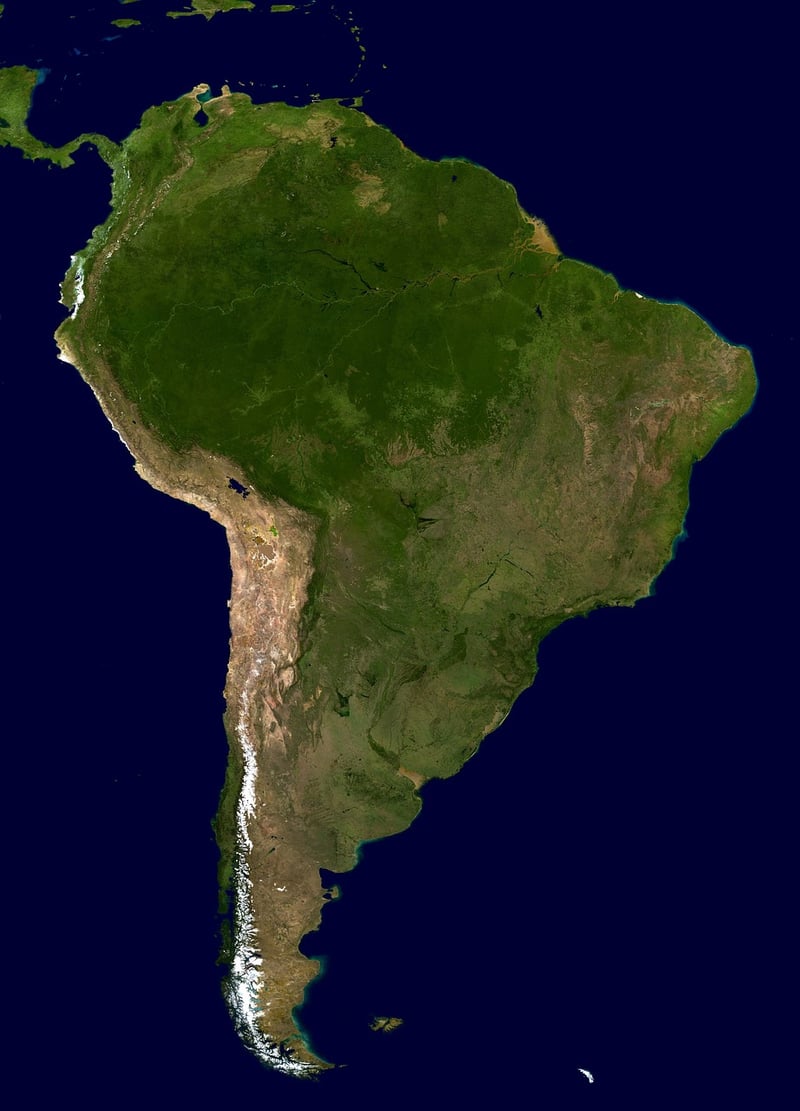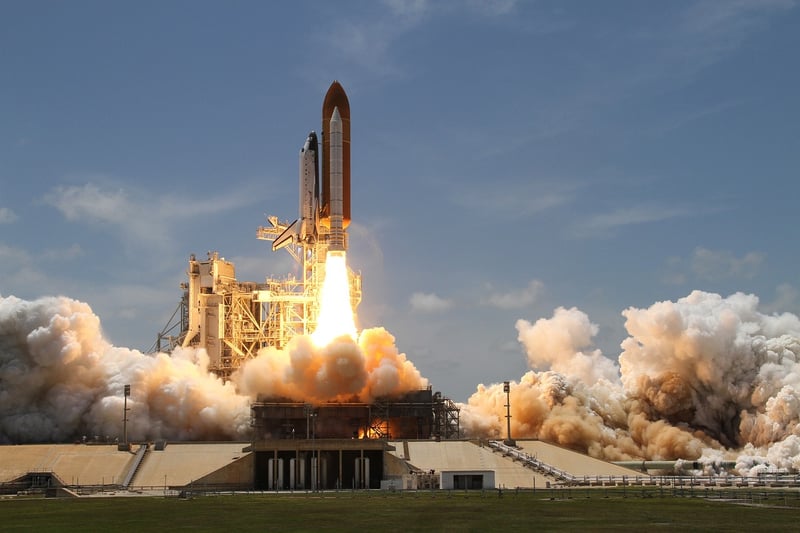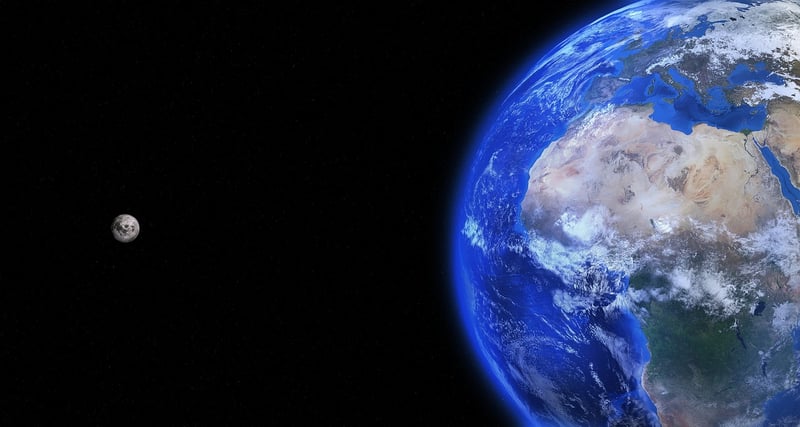Future Exploration
Exploring Different Eras and Future Exploration
Introduction
Throughout history, humanity has been driven by curiosity and a desire to explore the unknown. From ancient civilizations embarking on journeys of discovery to modern-day space exploration, the thirst for knowledge has propelled us forward. Let's delve into different eras of exploration and look towards the future of exploration.
Ancient Era
In ancient times, civilizations like the Egyptians, Greeks, and Romans embarked on expeditions to expand their territories, trade goods, and seek knowledge. The Phoenicians, known for their seafaring skills, explored the Mediterranean and beyond, establishing trade routes that connected distant lands.

Age of Discovery
The Age of Discovery saw European explorers like Christopher Columbus, Vasco da Gama, and Ferdinand Magellan set sail in search of new trade routes and lands. These voyages led to the discovery of the Americas, the circumnavigation of the globe, and the establishment of global trade networks.

Space Age
The mid-20th century marked the beginning of the Space Age, with the launch of Sputnik by the Soviet Union in 1957. The subsequent space race between the US and the USSR led to manned moon landings, space stations, and robotic missions to explore the planets in our solar system.

Future Exploration
Looking ahead, the future of exploration holds exciting possibilities. Advancements in technology, such as artificial intelligence, robotics, and propulsion systems, are opening up new frontiers for exploration. Missions to Mars, asteroid mining, and deep-space travel are becoming more feasible.

Conclusion
Exploration has always been a driving force in human history, pushing the boundaries of our knowledge and understanding of the universe. As we venture into new eras and technologies, the spirit of exploration continues to inspire us to reach for the stars and uncover the mysteries of the cosmos.
Let's continue to explore, discover, and innovate, for the future of exploration knows no bounds.
